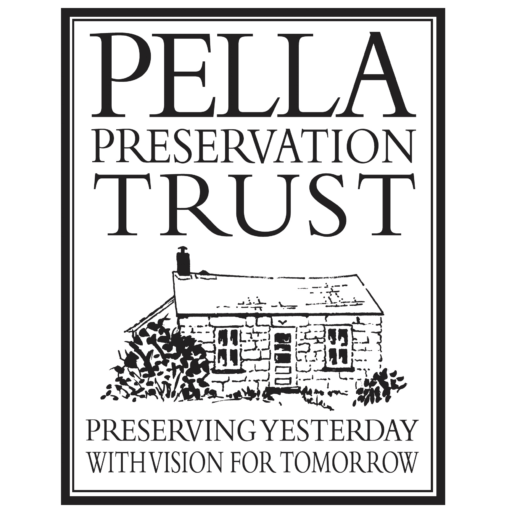The National Register of Historic Places is the official list of the Nation’s historic places worthy of preservation. Authorized under the National Historic Preservation Act of 1966, it is part of a national program to coordinate and support public and private efforts to identify, evaluate, and project our historic and archaeological resources. The National Register is administered by the National Park Service under the Secretary of the Interior.
For more information, visit the National Register of Historic Places website.
The following information was taken from the National Register of Historic Places website.
The National Register Does:
1. Identify historically significant buildings, structures, sites, objects, and districts, according to the National Register Criteria fore Evaluation.
2. Encourage the preservation of historic properties by documenting the significance of historic properties and by lending support to local preservation activities.
3. Enable federal, state, and local agencies to consider historic properties in the early stages of planning projects.
4. Provide for review of federally funded, licensed, or sponsored projects which may affect historic properties.
5. Make owners of historic properties eligible to apply for federal grants-in-aid for preservation activities. Presently, in Iowa, these funds are limited to survey, nomination and planning projects with limited funding available for the development of architectural plans and specifications for buildings listed on the National Register. The State Historical Society of Iowa, however, administers the Historic Resource Development Program [HRPD] which makes available matching grants for the rehabilitation of properties listed on the National Register.
6. Encourage the rehabilitation of income-producing historic properties which meet preservation standards through tax incentives.
The National Register Does Not:
1. Restrict the rights of property owners in the use, development, or sale of private historic property.
2. Lead automatically to historic district zoning.
3. Force federal, state, local or private projects to be stopped.
4. Provide for review of state, local or privately funded projects which may affect historic properties.
5. Guarantee that grant funds will be available for all significant historic properties.
Owners of private property listed on the National Register have no obligation to open their property to the public, to restore them, or even to maintain them, if they choose not to do so. Owners can do anything they wish with their property provided that no Federal license, permit, or funding is involved.
Federal funding for historic buildings usually comes in the form of Federal tax credits for rehabilitation. Owners of National Register properties who choose to participate in the preservation tax incentive program must follow the Secretary of the Interior’s Standards for Rehabilitation and receive approval by the National Park Service of the rehabilitation project in order to receive the tax credit.
Local historic commissions, design review committees, or special zoning ordinances are established by State legislation or local ordinances, and are not part of the National Park Service’s National Register program. The State Historic Preservation Officer and the mayor, city council or other community officials can provide information on any State or local law which may affect a historic property. Information source: ‘The National Register of Historic Places’ booklet
For further information, contact:
National Register of Historic Places National Park Service
1849 C Street, N.W., MS 2280, Washington, D.C. 20240
National Register of Historic Places website
For information, visit the State Historical Society of Iowa website.
William C. Page, Public Historian is available to answer preliminary questions on NRHP eligibility. Contact Will at 515-243-5740.
